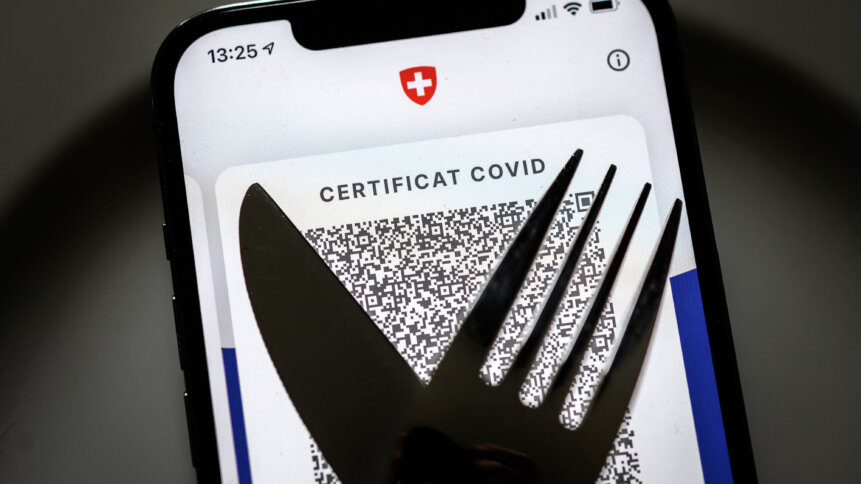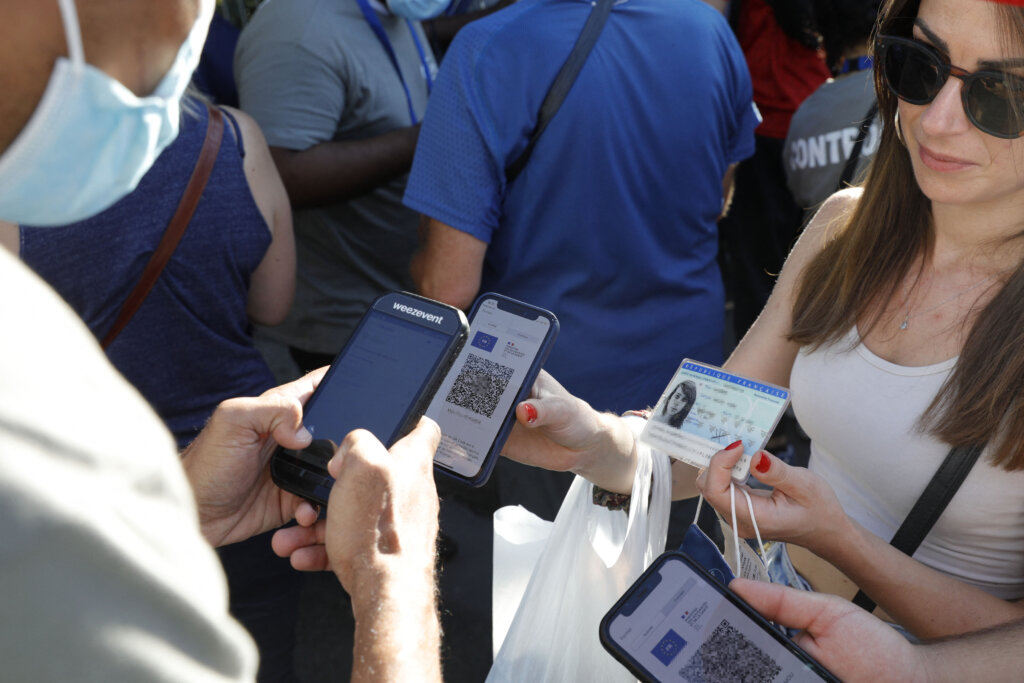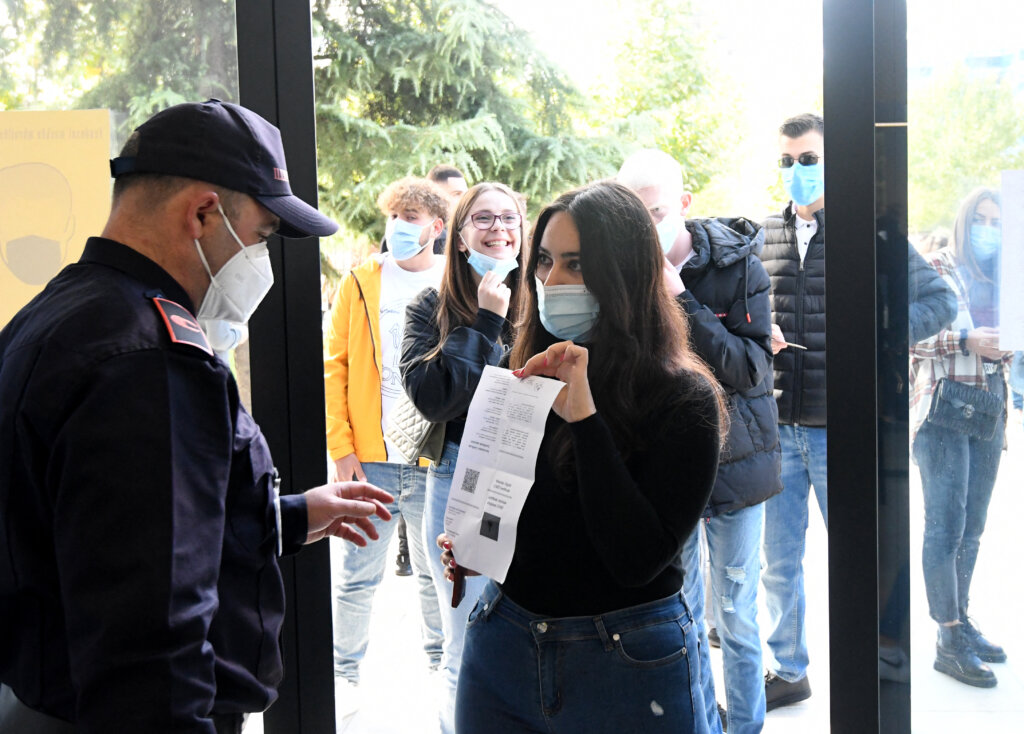
Travel restrictions are easing around the world as vaccination rates are steadily picking up, and chances are travelers have been looking into if they would need to get a vaccine passport to enter their country of choice.
But travel conditions are very fluid at the moment, as various countries grapple with internal vaccination rates, differing requirements to enter borders, quarantine confusions, and more. Some want a particular entry requirement, others want a comprehensive report on vaccination status. And that’s just to enter the country — in-country, regulations might differ for dining in, entering government buildings, visiting tourist hotspots, and so forth.
But without a standardized vaccine passport, it is likely that different countries will continue to impose varying rules for the time being. After all, a great many economies have been impaired by a lack of tourists, lack of foreign investment, business travelers, and an uncertain jobs climate precipitated by a lack of sufficient skilled expat talent entering their borders.
Both the US and UK do not require a vaccine passport for domestic usage, while nations like France, Italy, Sweden and Canada require a vaccine passport for different purposes — ranging from entering the country, to eating at a cafe, to attending a live performance with hundreds to thousands of other (probably vaccinated) people.
With myriad concerns at play, most still have concerns about whether they need such health status certificates at all, whether their private information will be protected when shared with health authorities, and whether digitally advanced health passes are more of an advantage or long-term disadvantage. TechHQ spoke to Frederic Ho, Asia Pacific (APAC) vice president at online mobile payments and identity verification specialists Jumio, about the role of the vaccine passport and will it become a facet of everyday life.
How would vaccine passports help nations reopen borders and jumpstart economies?
A vaccine passport serves to prove that an individual has been tested negative of a certain infection, or that they have been vaccinated against it. They can be presented in digital forms (such as through a phone app) or in a paper card format, which the individual can produce before going into a large-scale domestic event, social event, an office, or boarding an airplane.

A spectator shows her Health pass certificate prior to the start of a French L1 football match. (Photo by GEOFFROY VAN DER HASSELT / AFP)
Therefore, since vaccine passports are essentially official documents that allow travellers to legally enter a foreign country, they can therefore be regarded as vaccine “visas” — a verifiable document that should be approved by the destination country before a person makes the trip. Having such a document is crucial once nations reopen their borders, especially considering the sheer volume of travellers that will return to the skies.
The rollout of such lanes would be instrumental to jumpstarting the region’s economies, as well, with the travel sector accounting for a whopping 12.1% of Southeast Asia’s GDP in 2019. Beyond travel, vaccine passports can also positively impact the economy by providing the world with a means of safely holding large-scale domestic events, or in fully reopening industries that largely depend on personal interactions.
However, while travellers may be eager to emerge from the crisis and return to tourist activities they were once used to, it is important to remember that they will be coming back to a different industry, with new requirements and immigration practices to adapt to.
What features would a vaccine passport require?
Identification verification and authentication are critical features to facilitate the process of verifying identity at the country’s immigration counter when they present their passport, as they ensure that the right person is indeed there, while keeping the process frictionless.
The world therefore has an opportunity to develop vaccine passports that can be accessed from a traveller’s mobile phone. Such passports can support all the security features that come with it, including a suite of biometric solutions such as fingerprint scanning and facial recognition — including liveness detection technologies.

A student shows a vaccine passport as she enters the polytechnic university in Tirana, Albania. (Photo by Gent SHKULLAKU / AFP)
Vaccine passports can also be incorporated in e-passports, which contain an encrypted chip filled with the traveller’s information, while also offering a variety of security features. This includes biometric data that leverages personal traits (such as facial or eye maps and fingerprints) as primary identification features. These are often considered more reliable than traditional passport photos or PINs, as they make it more difficult to change the data recorded on a passport, as well as to prevent unauthorised reading or skimming of data stored on the e-passport chip.
What are some of the risks of sharing traveller vaccination status across countries?
Most forms of government-issued IDs that are available today — including passports — can be forged or digitally manipulated with ease, especially with high-resolution printing equipment and basic security inks available for purchase online. Alarmingly, even fake vaccination certificates are available for purchase on the dark web — further boosting the need for the world to find ways to stay ahead of bad actors.
With vaccine passports, it is important for governments and consumers to come to grips with the fact that there are many additional threat vectors that can be exploited by potential criminals to gain access to (or alter) personal information or claim the identities of their users. To manage these risks, governments and the travel industry must review their verification processes, boost cybersecurity, and leverage the appropriate technologies that can keep users and their data safe.
Thankfully, there are already solutions available to circumvent these threats. Many identity verification providers are now offering the ability to read the digital data stored in e-passports to reduce the risk of attempts to illegally edit the data on the document. These same providers can also leverage face matching and liveness detection technologies for purely digital vaccine passports — a feature which enables authorities and companies to determine and confirm the user’s physical presence behind an app.
More importantly, these solutions pave the way for a smoother user experience without requiring any additional steps from the end user.
How can countries futureproof vaccine passports, while balancing convenience and security?
As vaccine passports must be approved by the destination country before a person makes the trip overseas, governments and international organisations must come together to define the standards of vaccine passports that would be accepted worldwide.
However, this appears to be an uphill battle. All countries and their embassies are each responsible for validating the information of travellers received by each country across the globe. These country-specific approaches lead to standards that can vary greatly from one country to another. They are also subjected to each country’s laws and regulations — which can lead to intensifying complexities down the road, especially as more and more countries start developing their own version of a vaccine passport and with immigration checkpoints having to account for the standards of all the world’s territories.
Additionally, since face-to-face visits for identity verification must be discouraged, countries must also look at creating digital ways of identification and verification — where travellers may submit documents online and pass-through identity checks via digital technologies such as biometrics and liveness detection.
YOU MIGHT LIKE

Is now the time finally for passwordless authentication?
All this means that international organisations and governments must come together to develop more efficient and integrated ways to verify citizens and keep borders safe. These systems must also be scalable — capable of being implemented securely worldwide.
What would a successful vaccine passport mean for consumers and travel sector in the future?
Resuming global travel and opening borders will heavily depend on the successful rollout of vaccine passports, as they allow countries to ensure that those who pass through their borders are of low risk.
But before we get there, we must first figure out how to standardize the sharing of verified traveller information — including vaccination statuses — across countries. With there being close to 200 countries in the world, travellers (and the industry) will not be able to withstand the burden of consolidating and understanding the differing standards and protocols.
This still appears to be an ambitious task, however, with no organisations leading the way. Keeping this in mind, the first-mover advantage becomes clear. With countries such as Singapore and Germany setting up vaccinated travel lanes and digital health certificates, it is more than about being the first to kickstart their travel economy.
Rather, the entire world will take notice of the best practices learnt from the implementation of such practices — enabling international organisations in setting global standards in the future.








